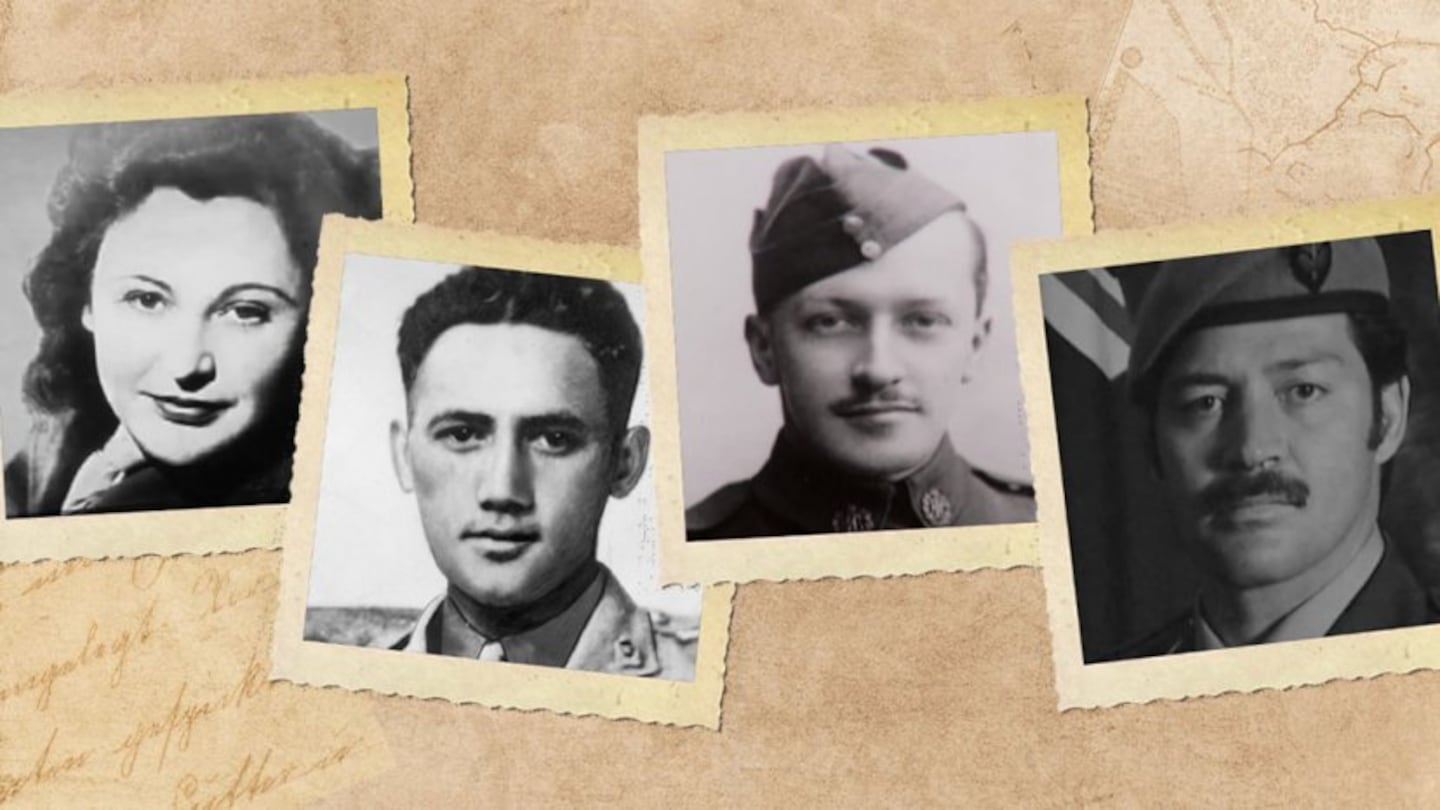William Rhodes-Moorhouse VC
There may be some confusion over who was the first Māori Victoria Cross recipient. The actual honour goes to a pilot from WWI.
William Rhodes-Moorhouse’s legacy of gallantry came at the cost of his life in 1915 before he was awarded the VC, the highest military decoration for members of Commonwealth countries.
Born in North Yorkshire, Rhodes-Moorhouse’s birth mother Mary-Anne was a descendant of Taranaki, Ngāti Tama, Ngāti Ruanui and Te Ati Awa iwi.
Born in 1887, William began flying in 1909 and joined the new Royal Flying Corps at the outbreak of the war. Aerial combat was still in its infancy when he was sent on a solo bombing raid over the German-occupied town of Kortrijk in Belgium on 26 April 1915.
Due to heavy ground fire, his plane was badly hit and he was badly wounded. However, he managed to pilot his plane 35 miles back to the friendly line, where he insisted on giving information from his mission to higher command. The next day, William succumbed to his wounds. He was posthumously awarded the VC and is buried in Dorset.
His son, William Jr, was barely a year old at the time of his father’s death. He followed in his father’s footsteps to become an RAF pilot in the Second World War and was also tragically killed in combat during the Battle of Britain in 1940.
Moana-nui-a-Kiwa Ngarimu VC
In that same war, Moana-nui-a-kiwa Ngarimu had volunteered for the 28th Māori Battalion in 1940.
Born in Whareponga, of Ngāti Porou and Te Whānau-a-Apanui descent, he and the rest of the 28th (Māori) Battalion arrived in Egypt in March 1941.
With the rest of the 2nd NZ Division, he fought his way across North Africa to push the German Afrika Korps back across the Mediterranean Sea.
Having reached the rank of Second Lieutenant, Ngarimu led his platoon on an attack at Tebaga Gap in Tunisia. Having taken a key German position, they held off a determined counter-attack.
His VC citation read that Ngarimu ‘… was killed on his feet defiantly facing the enemy with his tommy-gun at his hip’.
The medal was posthumously awarded to his whānau in Ruatōria in 1943.
Te Moananui-a-Kiwa Ngarimu VC#ANZAC 2nd Lt. Moana-Nui-a-Kiwa Ngarimu (Ngāti Porou, Te Whānau a Apanui) was a member of the C Company of the 28th Maori Battalion. His whānau and iwi received his posthumous Victoria Cross at Ruatoria in 1943. #NgātiPorou
Posted by Te Ao Māori News on Wednesday, April 24, 2019
Nancy Wake aka the 'White Mouse'
That same year, Wellington-born Nancy Wake was the Gestapo’s most wanted person in occupied France.
Known as the ‘White Mouse’, Wake was a feared and formidable secret agent with the French Resistance, and her notoriety and effectiveness in organising guerrilla tactics against the Germans led her to be recruited by the British Special Operations Executive.
Wake’s great-grandmother was from the Ngāpuhi iwi and was reportedly one of the first Māori women to marry a Pākehā. When she was two years old, her family moved to Australia, and then, as a teenager, she ran away from home and lived in New York and Europe.
Her wartime exploits played an invaluable role in the eventual liberation of France, and at one point she killed an SS sentry with her bare hands. For her service, she was awarded the French Croix de Guerre and the American Medal of Freedom, among many others.
Wake survived the war and lived to the age of 98, passing away in London in 2011.
Willie Apiata VC
The most recent NZ recipient of a major military medal was Trooper Willie Apiata, a descendant of Ngāpuhi who was born in Mangakino and enlisted in the NZ Army in 1989. After an unsuccessful attempt in 1996, Apiata joined the Special Air Service (SAS) in 2001. It was an auspicious time to be joining the elite unit, as in 2004 they were covertly deployed to Afghanistan to support the US-led 'War On Terror'.
Due to the secretive nature of special operations, much of his service is undisclosed - including in-depth details of the engagement in which Apiata was decorated. It is known that his unit was ambushed at night, with an explosion destroying the vehicle the men were resting on and severely wounding a comrade. Apiata then carried the trooper to safety, before rejoining the fight. Three other unknown SAS members were also decorated for gallantry in the engagement, with two receiving the New Zealand Gallantry Decoration and one the New Zealand Gallantry Medal.
Apiata did not receive his VC for another three years, after which he was redeployed to Afghanistan for another tour. Although he left the army full time in 2012 to work for a charitable trust and support soldiers with PTSD and mental health challenges, he remains a SAS reservist.
Willie Apiata VC#ANZAC Willie Apiata VC was born in Mangakino. He received his Victoria Cross for his valor in Afghanistan in 2004. He carried a wounded comrade 70 metres to safety under fire before returning to the firefight.
Posted by Te Ao Māori News on Wednesday, April 24, 2019

